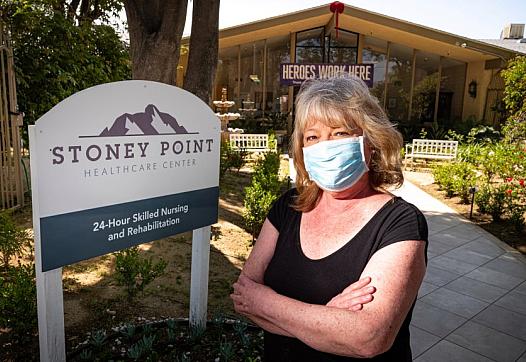
Local leaders have described the deadly toll within skilled nursing facilities as a “pandemic within a pandemic.”

Local leaders have described the deadly toll within skilled nursing facilities as a “pandemic within a pandemic.”

During shelter-in-place, some hotel rooms were opened to homeless people — yet weren't being filled.
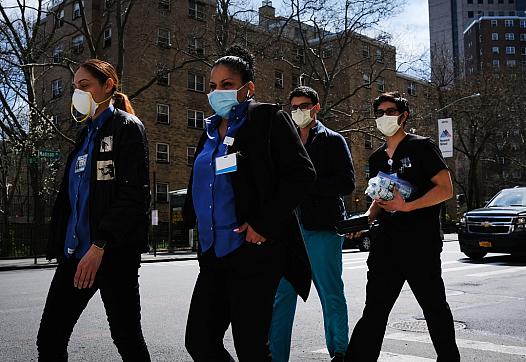
Many others, especially those in rural areas, will go out of business.
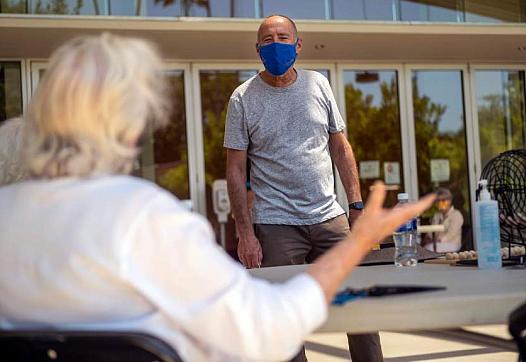
Management stockpiled protective equipment. They informed residents that they would be sheltering in place. They acted ahead of the recommendations. Still, six of the residents died.
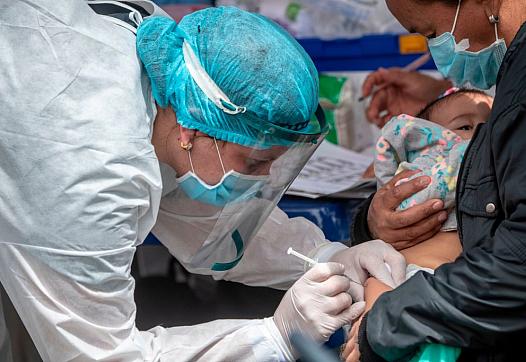
"Measles is always the one that worries me," says Vanderbilt's Dr. Kathryn Edwards.
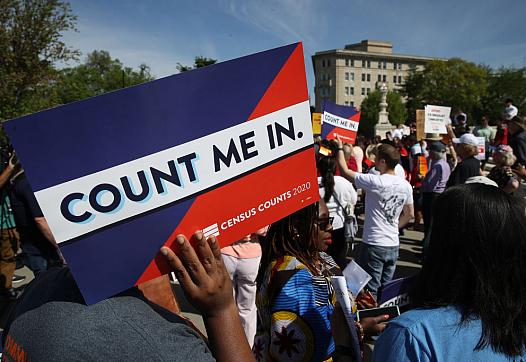
“With the shelter-in-place, we’ve really had to pivot,” said the director of California's census outreach team.
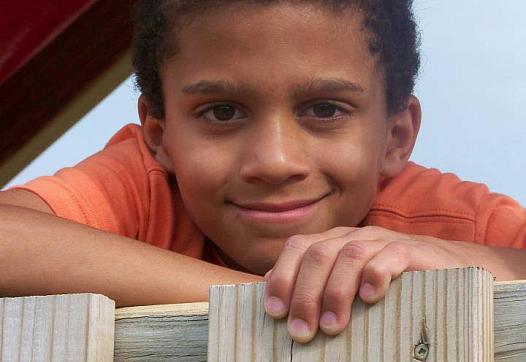
Carl and Malette Young struggled for more than a decade to find help for their adopted son, Marc, who has fetal alcohol syndrome. Marc spent most of his adolescence bouncing between inpatient facilities for children with behavioral issues and his home in rural North Dakota....

After a failed attempt last year, Colorado lawmakers have passed a bill that would make it harder to get a vaccine exemption for school children.

Without rent relief for California tenants, housing advocates fear the pandemic will worsen the homelessness crisis.

At a time when the heft of the federal government’s resources is being focused on fighting Covid-19, cancer centers like Roswell can play a role.